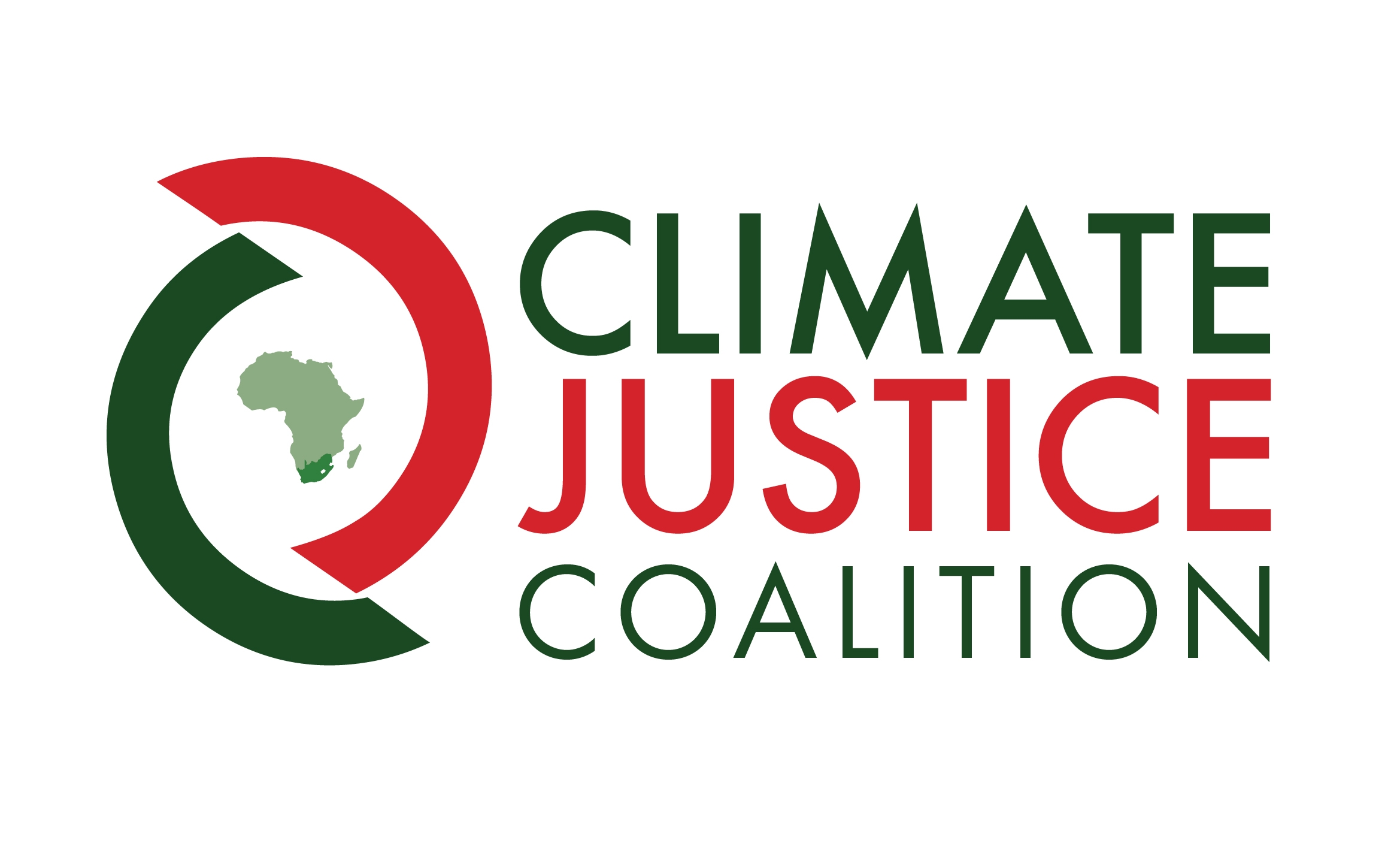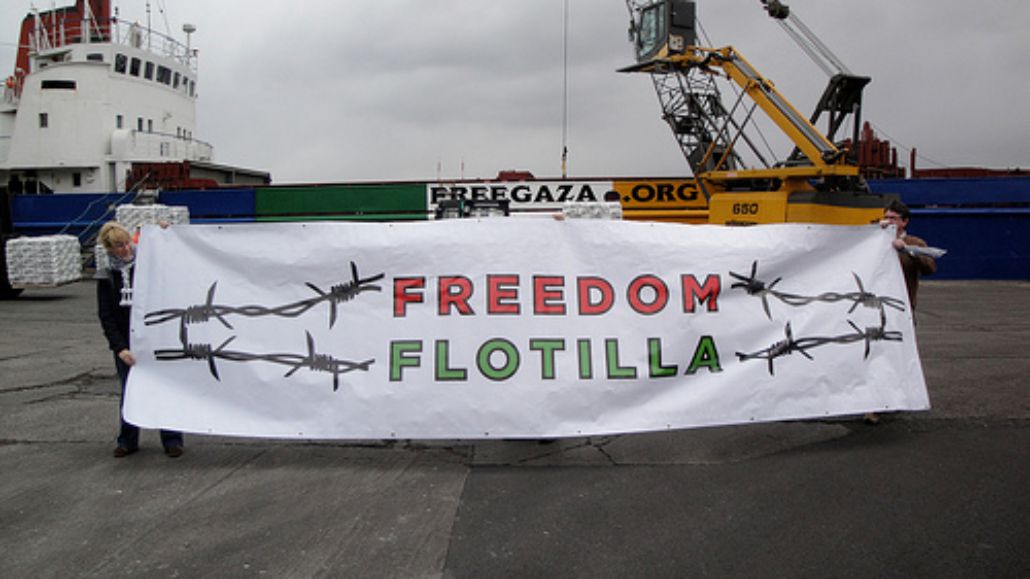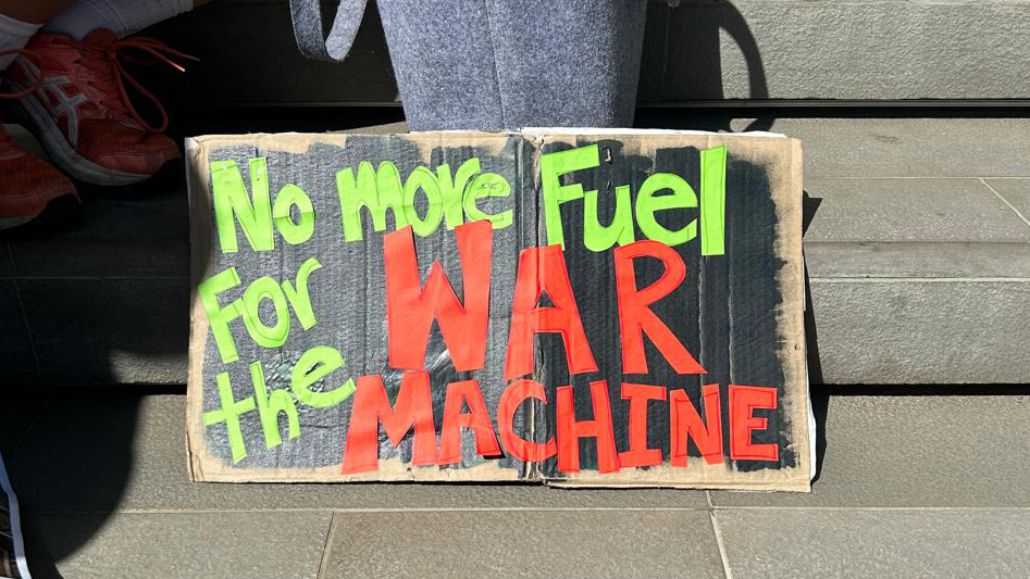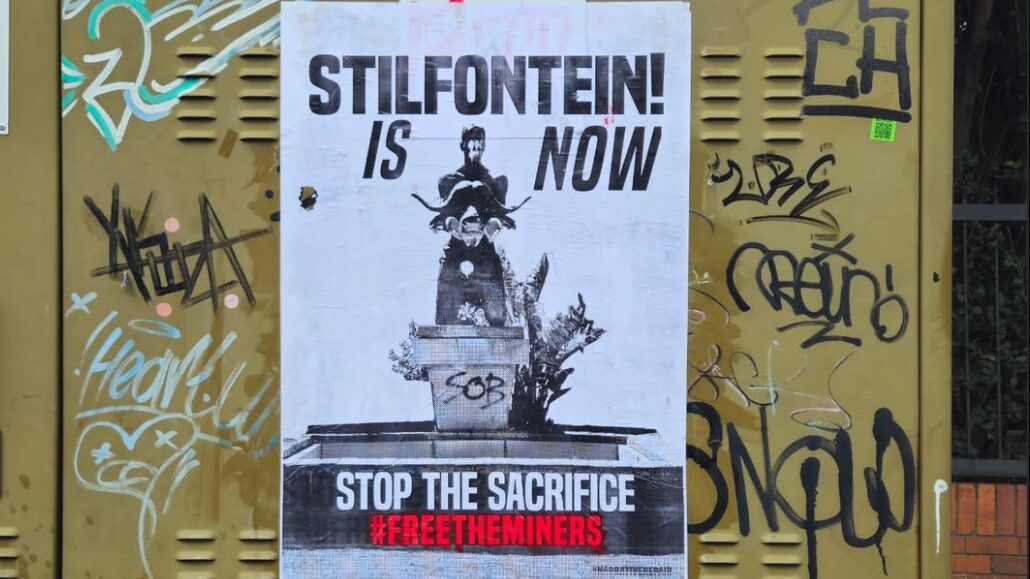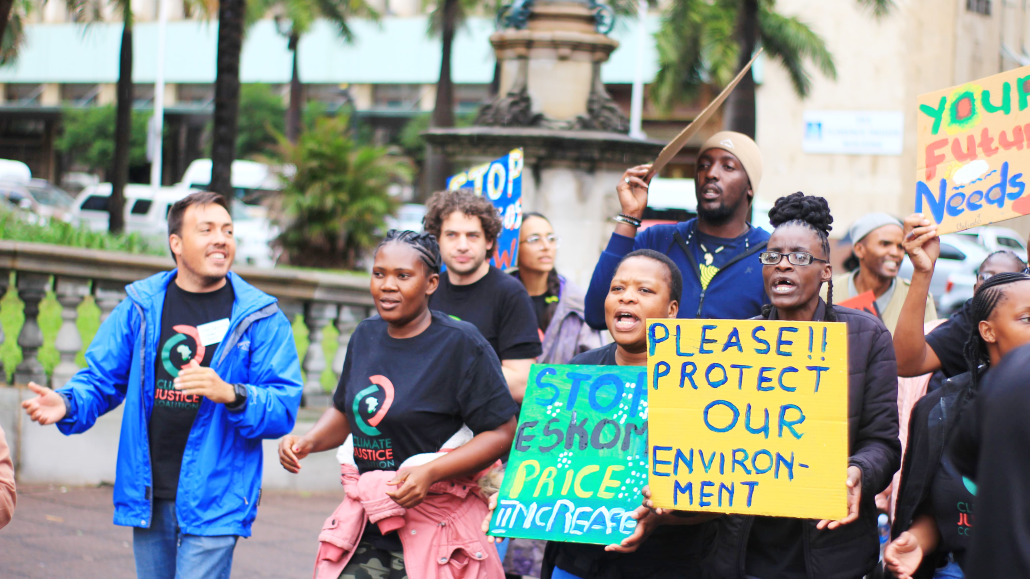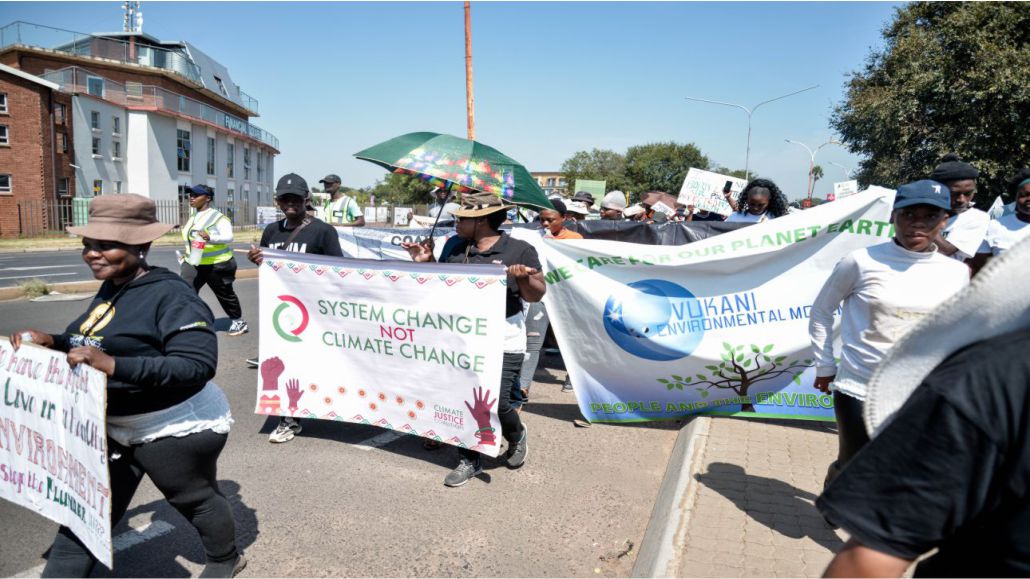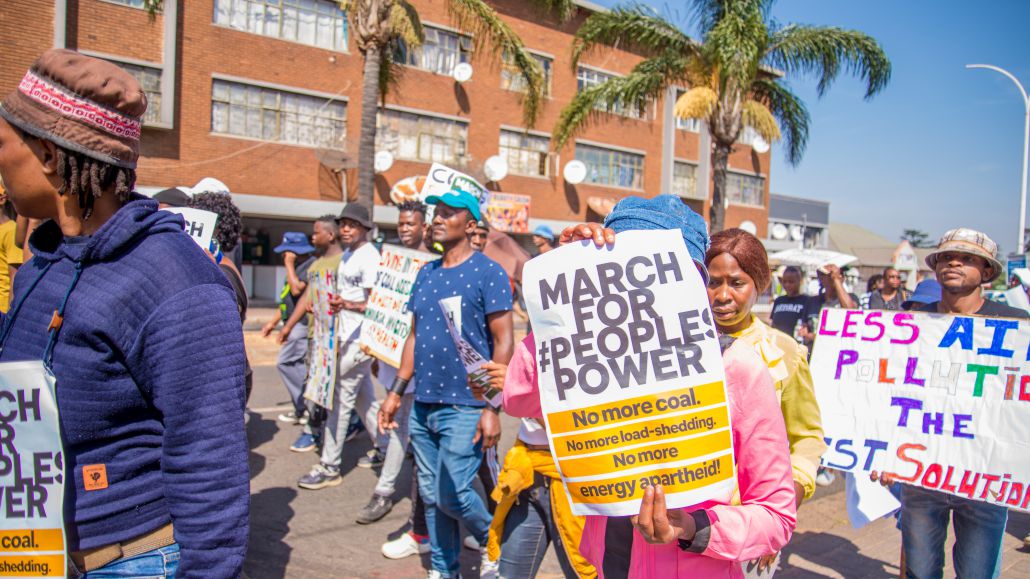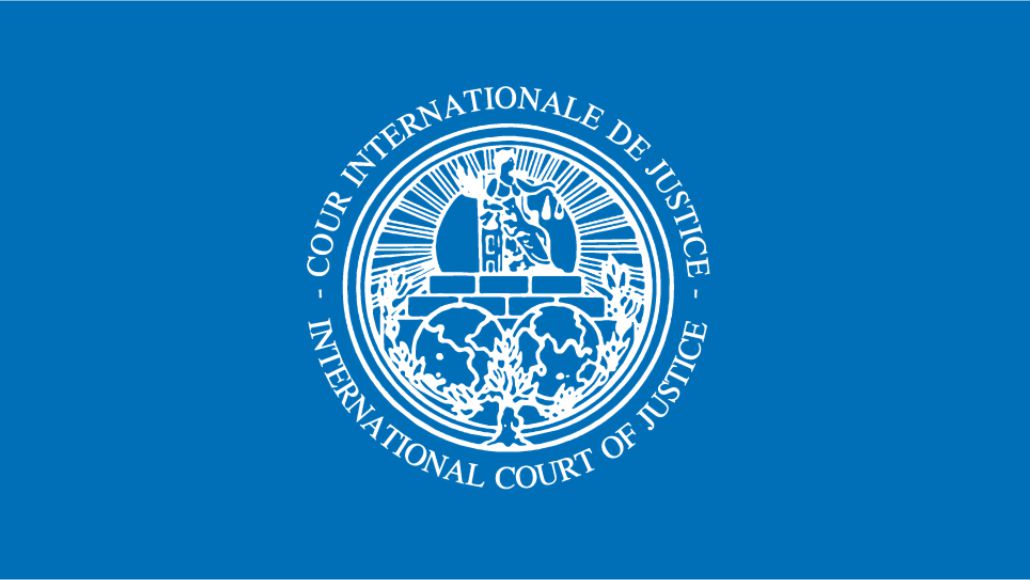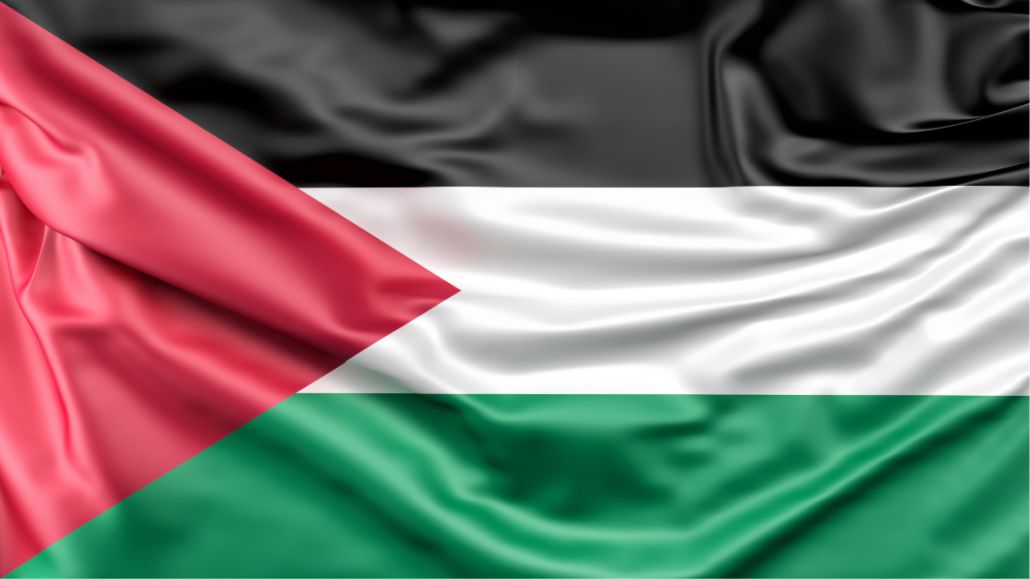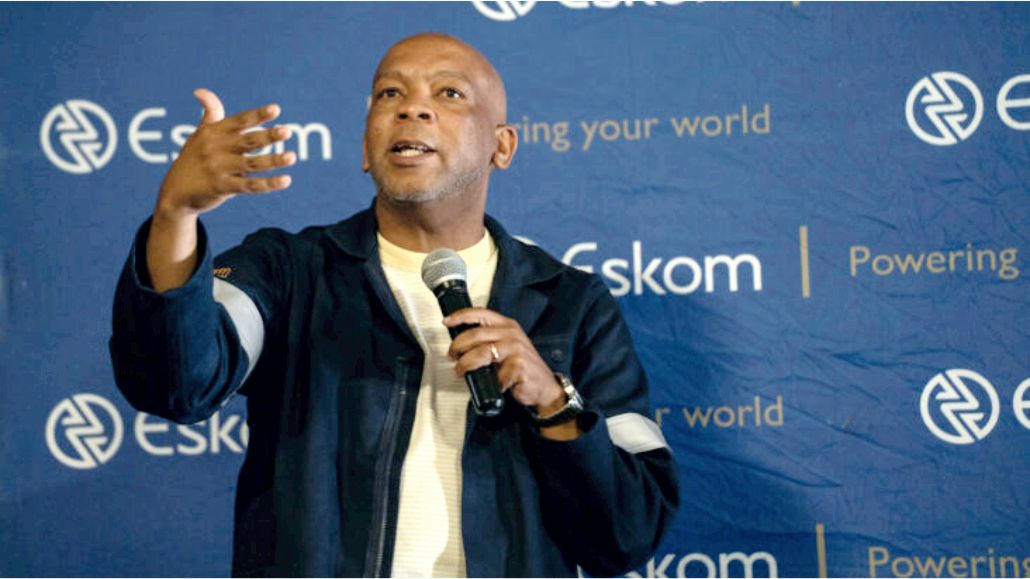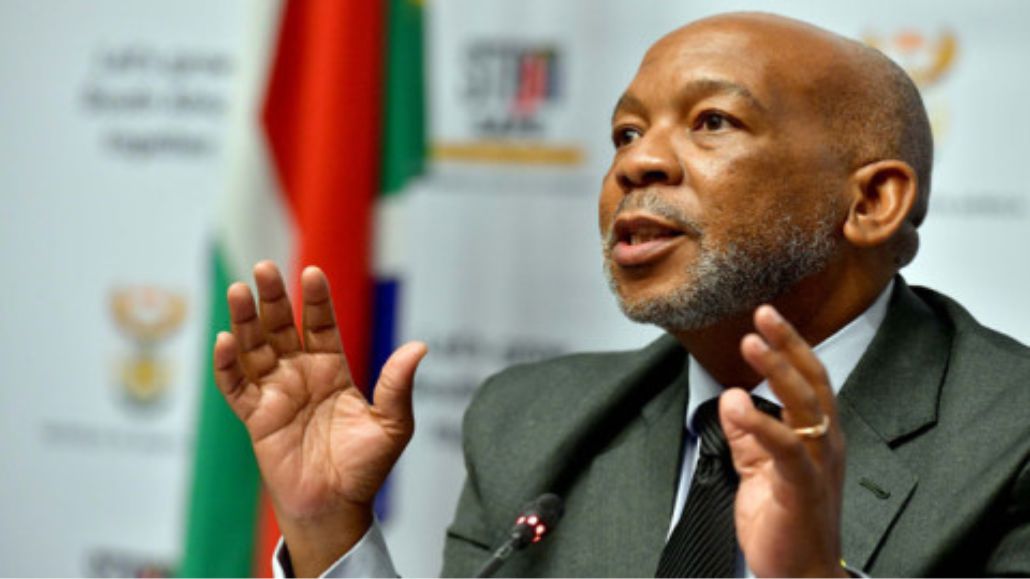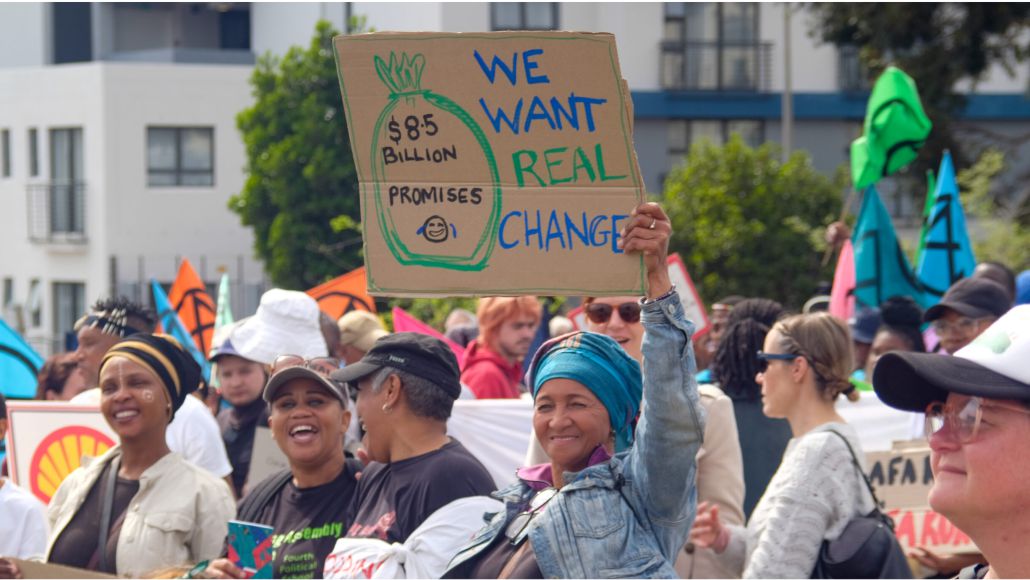MEDIA STATEMENTS
- 2025
- 2024
- 2023
Climate Justice Coalition Joins Global Call to Break the Siege on Gaza
[South Africa] – 12 June 2025 — Today marks a historic moment of…
Read MoreShut Down Glencore’s Genocide Economy: Actions Planned Ahead of Glencore’s AGM
On May 28, 2025, Glencore, the world’s largest mining conglomerate, will host its…
Read MoreSolidarity Statement with Stilfontein miners and communities, and a call for justice
23 January 2025 As the Climate Justice Coalition (CJC), a coalition made up…
Read More
KZN Flood Victims Demand Justice: Climate Justice Coalition Political School Calls on Treasury to #PayUp!
[Durban, South Africa] – The delegates from the Climate Justice Coalition political school…
Read MoreCJC action pressures Mpumalanga DMRE to commit to working with mining-affected communities
For immediate release 27 June 2024 South Africa — On Wednesday, 26 June,…
Read MoreIt’s time to rebuild People’s Power!
FOR IMMEDIATE RELEASE 28 MAY 2024 South Africa — As South Africa goes…
Read MoreThe Climate Justice Coalition Secretariat Backs South Africa’s Call To End Israel’s Genocide in Gaza
South Africa — The secretariat of the Climate Justice Coalition gives its full…
Read More
The Climate Justice Coalition Stands In Solidarity with Palestinian Liberation
South Africa — Members of the Climate Justice Coalition have joined millions of…
Read More#PeoplesPower: CJC Holds Electricity Minister Accountable on Energy Crisis
For Immediate Release 4 August 2023 South Africa — Members of the Climate…
Read MoreLetter to Minister Ramokgopa on Solving the Energy Crisis
Written by the Climate Justice Coalition Secretariat – Date: 2023/06/05 Dear Minister Ramokgopa,…
Read MoreRescheduled: The Climate Justice Coalition will march in Pretoria demanding jobs, clean energy, climate justice
21 November 2022 South Africa — After a couple of delays, Climate Justice…
Read More